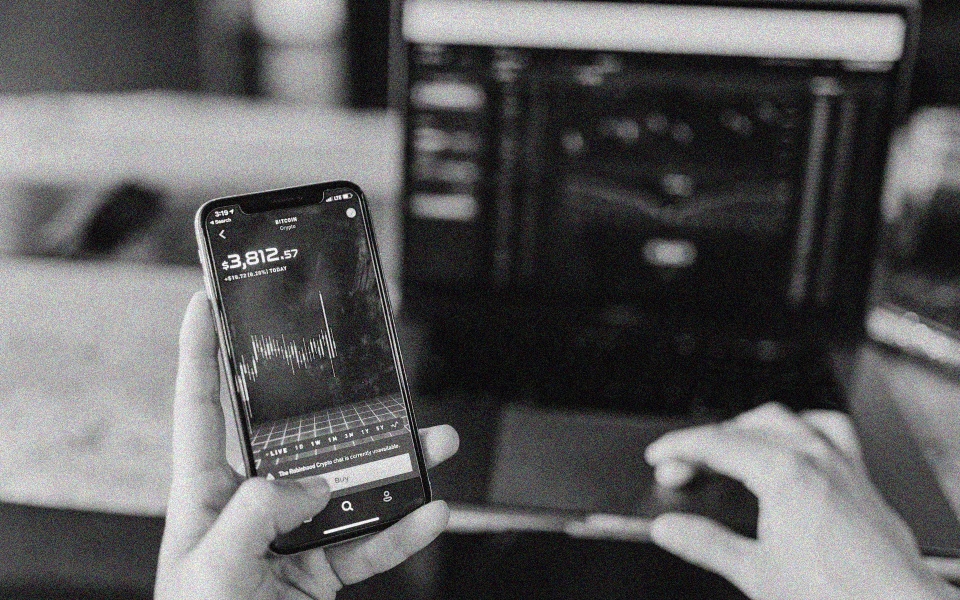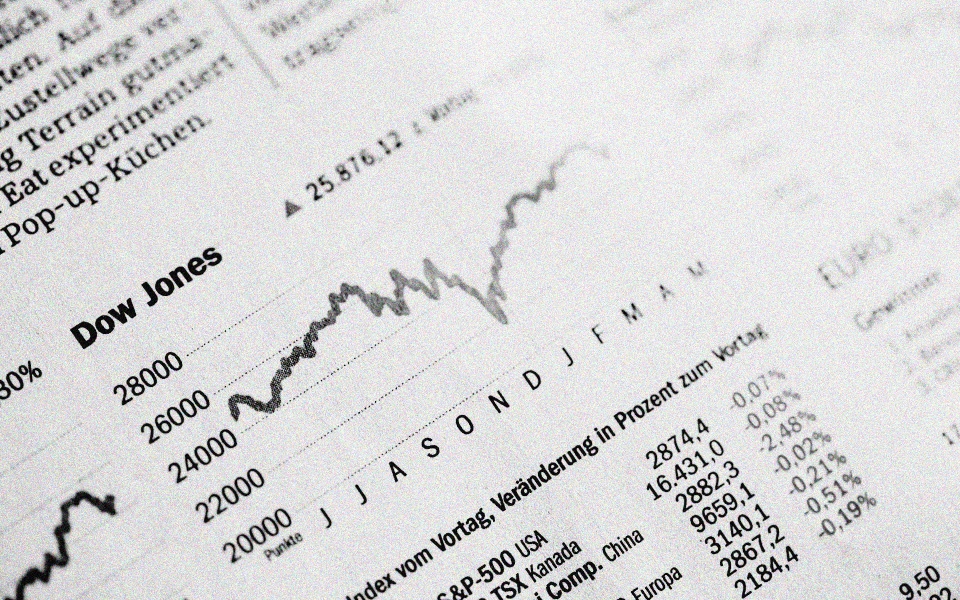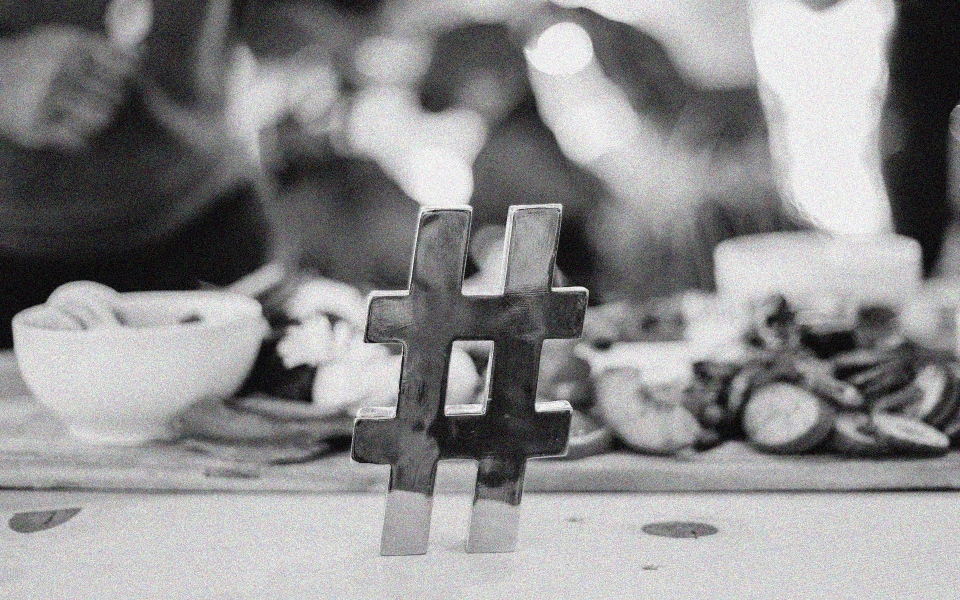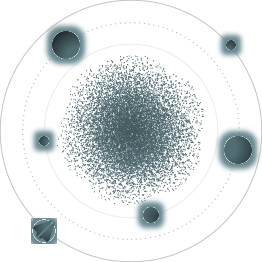 BACK TO ALL
BACK TO ALL

Blockchain is big right now. Fresh off China’s announcement of their country-wide push for blockchain adoption, we thought it’d be interesting to look at some of the best mobile apps using the technology. In many cases these apps use blockchain to create a product and user experience that wouldn’t have been possible even just a few years ago. Let’s have a look.
Brave: Blockchain Browser
In terms of UI (User Interface) the Brave browser is remarkably similar to Chrome, making for any easy transition. What sets it apart, however, is Brave’s focus on privacy and user protection.
The Brave browser app comes with a built in ad blocker as well a tracker blocking feature. In light of the increasing monetization of user data, Brave is a good choice if you prefer to reduce your digital footprint.

Those privacy enhancing features are just one part of Brave’s appeal though. Brave is unique in that it gives its users an option to view certain advertisements in return for a reward. In this way people who use Brave can actually get paid to view advertisements, a unique proposition made possible by blockchain. Brave rewards its advertisement viewers with the ERC20 token BAT (Basic Attention Token).
Since BAT is based on the Ethereum blockchain it’s easy to use anywhere in the Ethereum ecosystem. MakerDAO, for instance, the protocol behind the creation of DAI, is going to start accepting BAT as collateral in the creation of new DAI. Uniswap and Kyber, two of Ethereum’s most popular token exchanges, both accept BAT as do numerous centralized exchanges.
It’s expected that for 2019 Brave users who opt into the advertising program can earn about $70. Not bad, not great but Brave does say the figure could increase in the future. The whole program, regardless of payout, is a great example of blockchain enabled tech. This kind of continuous micropayment wouldn’t have been feasible with traditional financial methods.
Speaking of those micropayments, once a user has BAT in their Brave wallet not only can they withdraw it, they can use it to tip content creators, another great use case. Also, as crypto adoption rises it’s easy to picture spending BAT on e-commerce websites, similar to universal rewards points. With all of these exciting developments it’s not surprising Brave’s growth is substantial.
Cindicator: Blockchain App for Market Predictions
Cindicator is a mobile app which allows users to make predictions about markets and earn a reward for accurately forecasting events. The rewards are paid out in Cindicator’s native token CND. As CND trades (somewhat) actively on Binance it’s possible to turn your knowledge into Bitcoin or any other cryptocurrency. That’s a pretty cool opportunity for anyone who has an above-average understanding of the markets.
Interestingly, Cindicator doesn’t rely solely on humans for its predictions, machine learning (ML) also plays a role in the app’s success. In the first place, ML helps the Cindicator team to sort the predictions coming from more than 100,000 users.

Secondly, the creators of Cindicator use ML to determine which questions to ask. To do so they run a Monte Carlo simulation where the output is a set of possibilities and their likelihood. For instance, the simulation might tell them that there’s a 20% chance that Bitcoin goes up $700 by the end of the week. Those parameters can then be used to ask the Cindicator community specifically tailored questions designed to elicit high quality predictions.
More than just a cool idea, the Cindicator app is actually highly reviewed in the Play Store. Interestingly, a majority of the positive reviews don’t come from people happy about the quality of the predictions. Instead, many people comment that they’re happy to be incentivized to take market analysis seriously.
By rewarding accurate predictions the Cindicator team incentivizes learning. No doubt Cindicator benefits from their model which they are continually refining, but along the way they seem to be helping a new generation learn about market analysis.
If the predictions are already proving prescient with such a small cohort, how accurate (and valuable) will Cindicator become when millions of people are submitting predictions?
Voatz: Blockchain Platform for Voting
When the internet was first being popularized nobody imagined use cases like Instagram or Spotify. Even a program like Skype seemed farfetched. So it is with blockchain now. We know that DLT (Distributed Ledger Technology) is going to change how business is conducted and wealth transferred, but we still don’t know what the change is going to look like.
There is, however, one very clear use case that’s obviously going to be overhauled by blockchain: voting. Between the ease of use (downloading a blockchain voting app could take just a couple of minutes) and the immutable nature of blockchain, this use case makes perfect sense.
Enter Voatz, one of the first blockchain powered voting applications that’s seeing real use. Voatz is a smartphone and tablet app designed to allow overseas Americans (military or otherwise) to vote in domestic elections. While that’s a good niche to target initially the app can be used by anyone, regardless of where they live.
Long lines at voting stations in certain cities are a reoccurring problem and this type of congestion could be relieved if a certain percentage of the population was able to cast their vote through their telephone.

Voatz’s progress so far is promising. Most notably the app was used by West Virginian voters in a federal election. Admittedly the turnout was small, as only 144 people used Voatz. However, what’s interesting is the diversity of their locations; those individuals were able to participate in the election despite being located in 31 different countries.
While it is possible to vote with an absentee ballot, it’s unlikely that all of these Americans would have gone through the trouble of doing so. West Virginia officials declared the app’s first use a success and announced their plan to use the Voatz platform again in 2020.
Opera: Browser with a Native Ethereum Wallet
Another app taking advantage of blockchain, the Opera browser is well-known for its crypto wallet integration. Unlike Brave, however, Opera does more than just support one coin. By supporting Ethereum they’re also supporting the dozens of popular ERC20 tokens like BAT, OMG and 0x, to name just a few.
While a native Ethereum wallet built into a browser app is a big deal the question many asked was, why not Bitcoin? Opera seems to have gotten the message and in October of 2019 they added support for the world’s most popular cryptocurrency. Opera users can now send and receive Ethereum, Bitcoin and Tron from a wallet built directly into the browser.
Having a built in crypto wallet like this means a simplified user experience as well as excellent cross integration between devices. That is, once a user installs and authenticates Opera they can share a single crypto wallet across devices. For example, someone using the desktop version of Opera can spend crypto from the same wallet that they’ve set up on their iPhone browser.
That’s the type of easy service people expect from financial applications and hopefully it breaks down some of the barriers to entry in crypto. The best case scenario? More popular browsers like Chrome and Firefox create their own native crypto wallets.
Minds: Blockchain Social Media
In light of election interface, massive data breaches and documented lies, the social media space is ripe for disruption. Enter Minds, a social media platform built on ideals of privacy as well as uncensored speech.
Minds is integrated with Ethereum network and makes heavy use of the MINDS ERC20 token. Users can tip their favorite content creators with MINDS, rewarding interesting posts that add value to the ecosystem. MINDS can also be used to boost posts to increase their reach.
To boost a post to so that it receives 1,000 a views a user must pay a single MINDS token. Posts can be boosted with up to 5 tokens, meaning that they will receive 5,000 views. This creates a unique dynamic where people are paying to have their content viewed, instead of an algorithm deciding who sees what, as happens on Facebook.

Minds also makes a point of not tracking their users or collecting their data in order to sell it to third parties. In fact the whole platform seems to be a response to everything wrong with some of the other social media behemoths. Also, as we saw with BAT, the MINDS token exists in the Ethereum ecosystem making it simple to swap or to use with a variety of third party wallets.
The Rise of Blockchain Apps
A few years ago there weren’t any blockchain mobile apps. There were Bitcoin and Ethereum wallets, but no apps leveraging blockchain to create a brand new and exciting product. That’s changing now. While the list of blockchain mobile apps is still somewhat limited, growth is happening quickly and it only takes one killer app to popularize the whole industry.
Whether that’s BAT with its reward token, Cindicator paying users for their accurate predictions or XYZ which is leveraging blockchain to track hemp from the seed to the showroom, the field is still wide open. Blockchain isn’t going anywhere and the mobile apps taking advantage of this new technology have a better chance of attracting a new generation of increasingly tech-orientated consumers.
We help our clients to deliver high-quality distributed apps and web-apps with blockchain. If you have any questions about how blockchain might benefit your project, feel free to reach out, we offer a free consultation on the topic.


